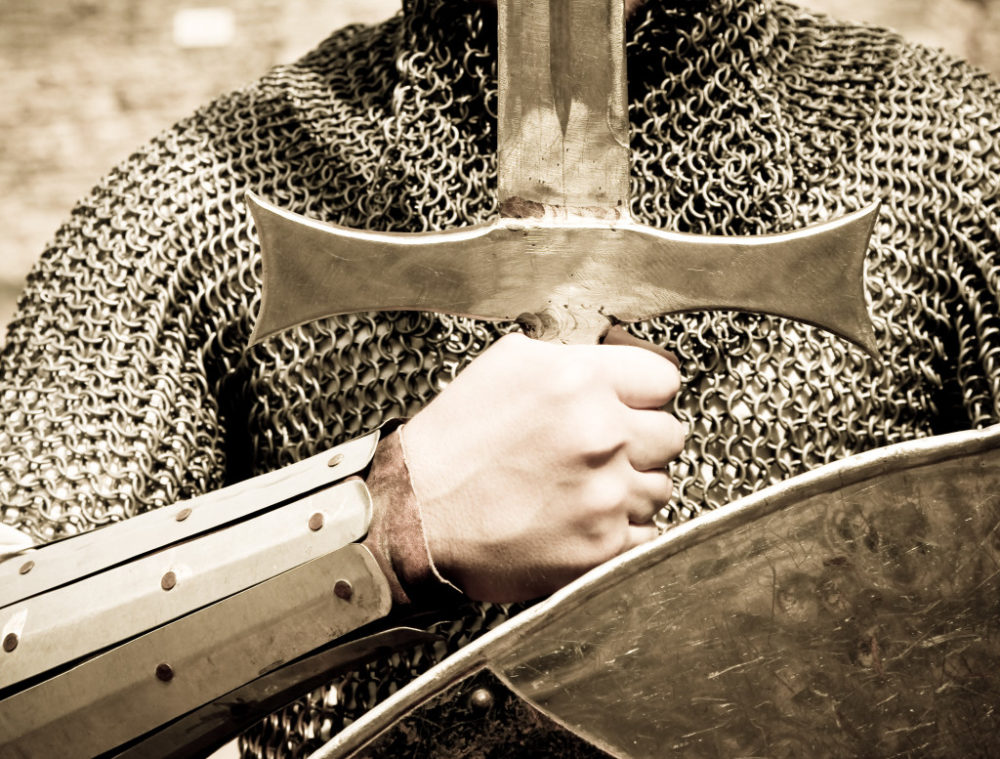Moral Courage and Leadership
There are really two types of Courage: physical Courage and moral Courage. Physical Courage is taking action in the face of perceived or actual physical danger.
In society at large, many times we automatically call a person a hero if he or she overcomes a grave physical danger, such as a fire, robbery, car accident, or tornado. But is physical Courage displayed out of self-preservation on the same level with physical Courage on display when others are in harm’s way? That is when the second type of Courage arises—moral Courage.

Physical and moral Courage go hand in hand when someone displays physical Courage without regard for self.
Some of the heroes who showed moral and physical Courage during The War on Terror by jumping on a grenade to save their friends:
- Jason Dunham (2004) – Medal of Honor (posthumous)
- Roi Klein (2006) – Medal of Honor (posthumous)
- Michael Monsoor (2006) – Medal of Honor (posthumous)
- Ross A McGinnis (2006) – Medal of Honor (posthumous)
- Kyle Carpenter (2010) – Medal of Honor
Few of us are asked to put our lives or the lives of others on the line for a cause. The physical Courage seen in the rice paddies of Vietnam, or the rocky mountains of Afghanistan may not apply to your situation. But moral Courage does apply to the Courage most of us need in business and in our everyday lives.
Exercising Moral Courage
“Courage is not just one of the virtues but the form of every virtue at the testing point.” – C. S. Lewis
Many times we have the choice to exercise moral Courage when no one else knows about it. Moral Courage is very much a private matter between God and us. We are the only two who know our motives. When we choose Integrity and do the right thing, without a selfish incentive, we have acted with moral Courage. As C. S. Lewis stated, it is nearly impossible to truly be a person of character, to be a person of Humility, Integrity, Duty, Selflessness, or Positivity, without Courage leading the way.
The Bottom Line:
We choose Courage over cowardice when we consistently choose to act in alignment with our beliefs no matter our circumstances or the risks involved. In other words, if we claim to believe in Humility, Integrity, Selflessness, Duty, and Positivity, then we must act courageously to actually be someone who can be described by these traits. It starts with Courage. Without Courage, talking about the other habits becomes no more than an academic exercise.
Question:
What situations challenge moral Courage in the workplace?
